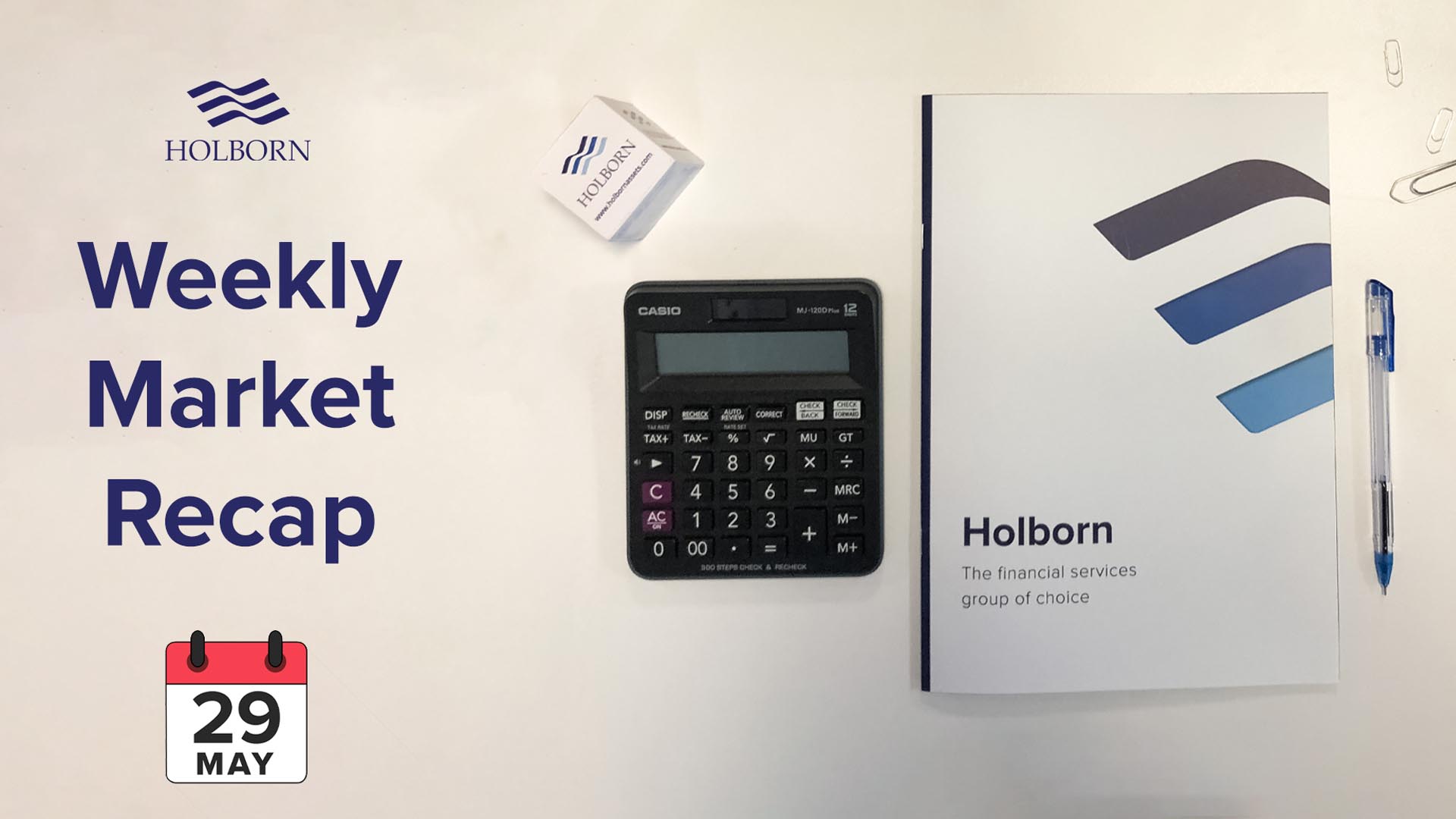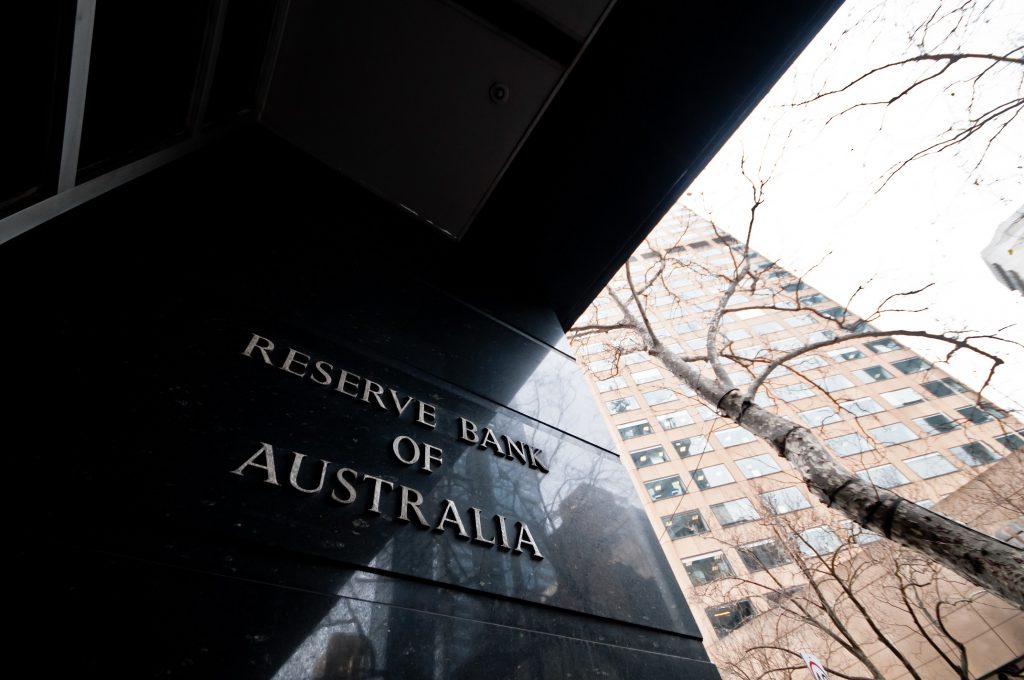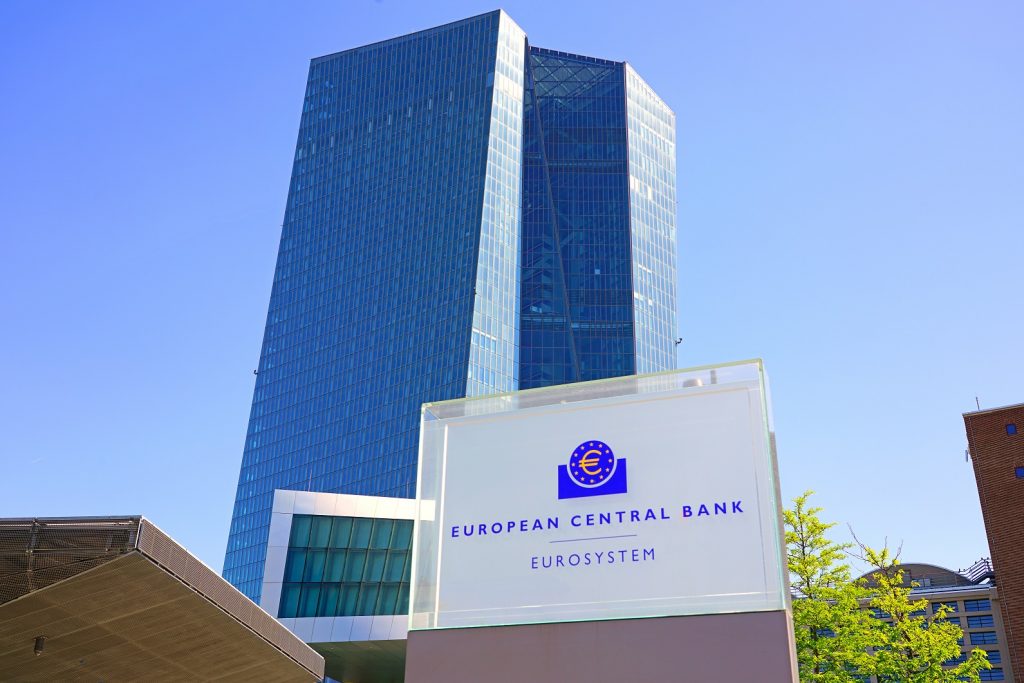
Holborn Market Recap 25-29 May 2020
Posted on: 29th May 2020 in
News
This is your weekly market recap brought to you by Holborn Assets. This week’s economic calendar was light with the Tokyo Consumer Price Index (CPI) for the month of May and the preliminary data regarding the eurozone’s CPI in May standing out from the crowd. On Monday (25.05) data released by Destatis showed that Germany’s Gross Domestic Product (GDP) fell by 1.9% in the first quarter of 2020 (Q1 2020) on an annualised basis. The German Institute for Economic Research forecast that Germany’s economic output in Q2 2020 is likely to decline by more than 10% compared to Q1 2020. On Tuesday (26.05) the Reserve Bank of New Zealand (RBNZ) published its Financial Stability Report. New Zealand’s central bank noted in its report that the country’s economy is in a solid position to weather the significant economic impact caused by the Covid-19 outbreak and support the country’s recovery. The New Zealand Dollar benefitted from the news, staying close to an 11-week high against its U.S. counterpart. 
Christine Lagarde is the head of the ECB
On Wednesday (27.05) the President of the European Central Bank (ECB) Christine Lagarde, commenting on the eurozone’s economic conditions, noted that “it is very hard to forecast how badly the economy has been affected.” The head of the ECB’s governing board added that she expects a major economic contraction in the region. On Thursday (28.05) the Reserve Bank of Australia’s (RBA) Governor Philip Lowe appeared before the Senate Select Committee on Covid-19. The RBA’s Governor said that the possible economic downturn would not be as severe as feared, adding that “much will depend on whether confidence can be restored.” In the eurozone, the European Commission (EC) published the results of a survey that showed the consumer confidence in the euro bloc improving in May and the economic sentiment rising from a month earlier. 
US unemployment rate rises during May
According to data published in the U.S. by the Bureau of Economic Analysis, the country’s GDP contracted by 5.0% in Q1 2020, coming in worse than the market expectation of -4.8%. It was the worst quarter since Q4 2008 with some economists suggesting that Q2 2020 will be much worse. The U.S. Department of Labour announced that 2.1 million people filed for unemployment benefits in the week ending on May 23rd. More than 40 million people have filed for unemployment insurance over the past 2.5 months. On Friday (29.05) the Euro hit a two-month high against the U.S. Dollar, trading above $1.11. According to preliminary data released by Eurostat, the eurozone’s CPI came in at 0.1% in May, on a year-to-year basis, which is the lowest reading since June 2016. In Japan, the Tokyo CPI (excl. fresh food) rose by 0.2% in May, on an annualised basis. The Japanese Statistics Bureau also announced that the country’s unemployment rate in April stood at 2.6%, 0.1% higher than in March. Have a nice weekend!




















